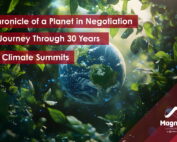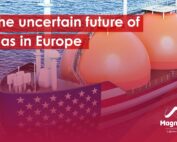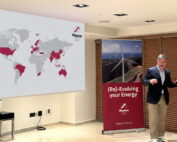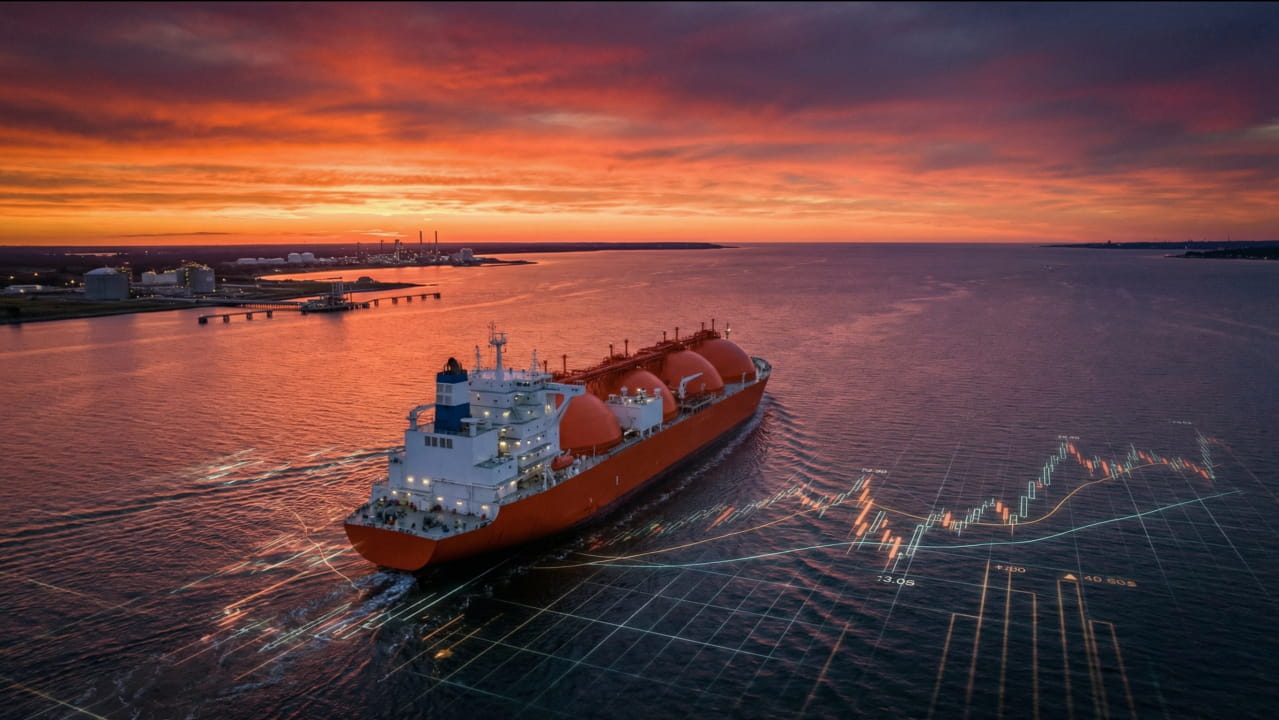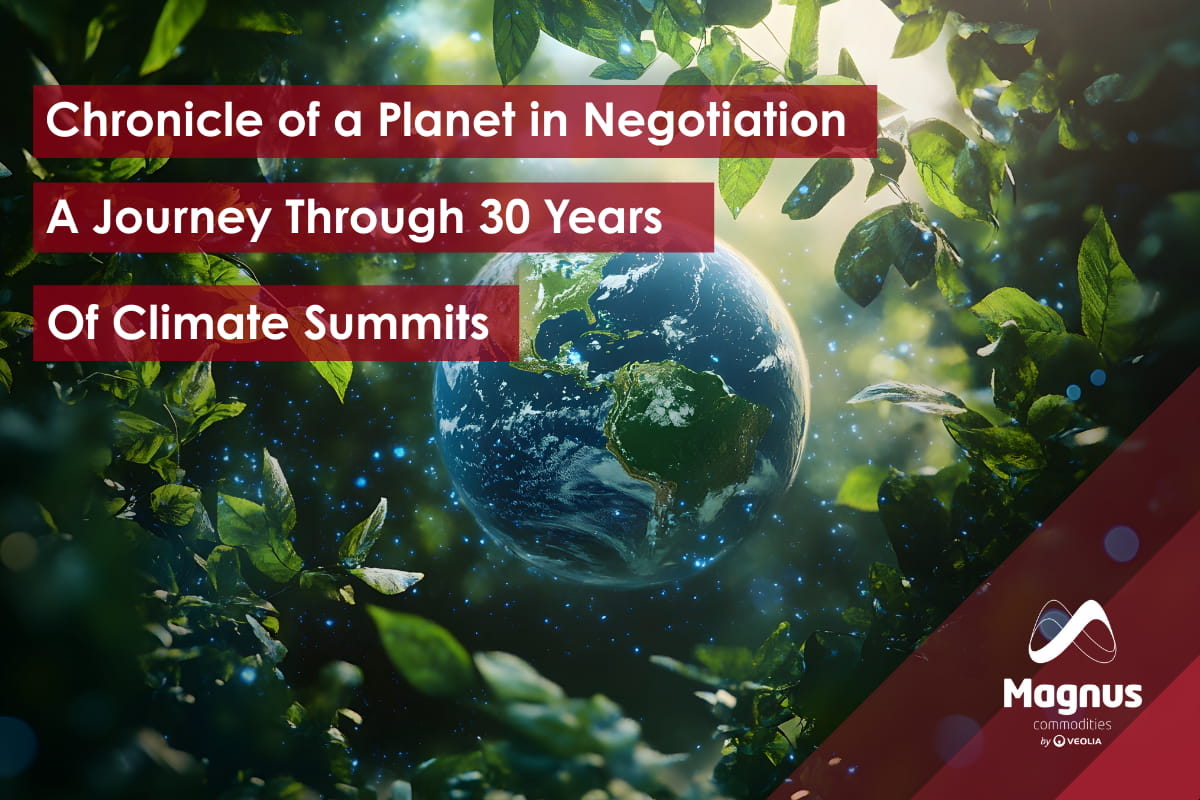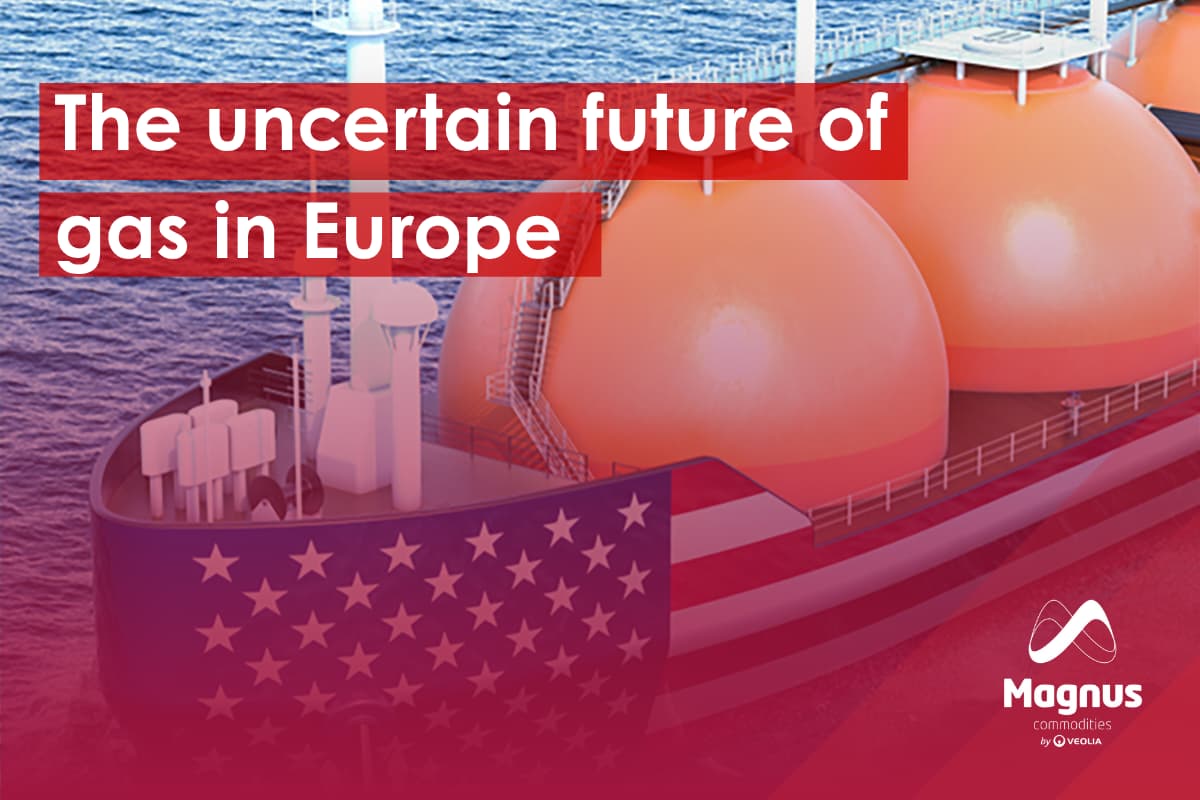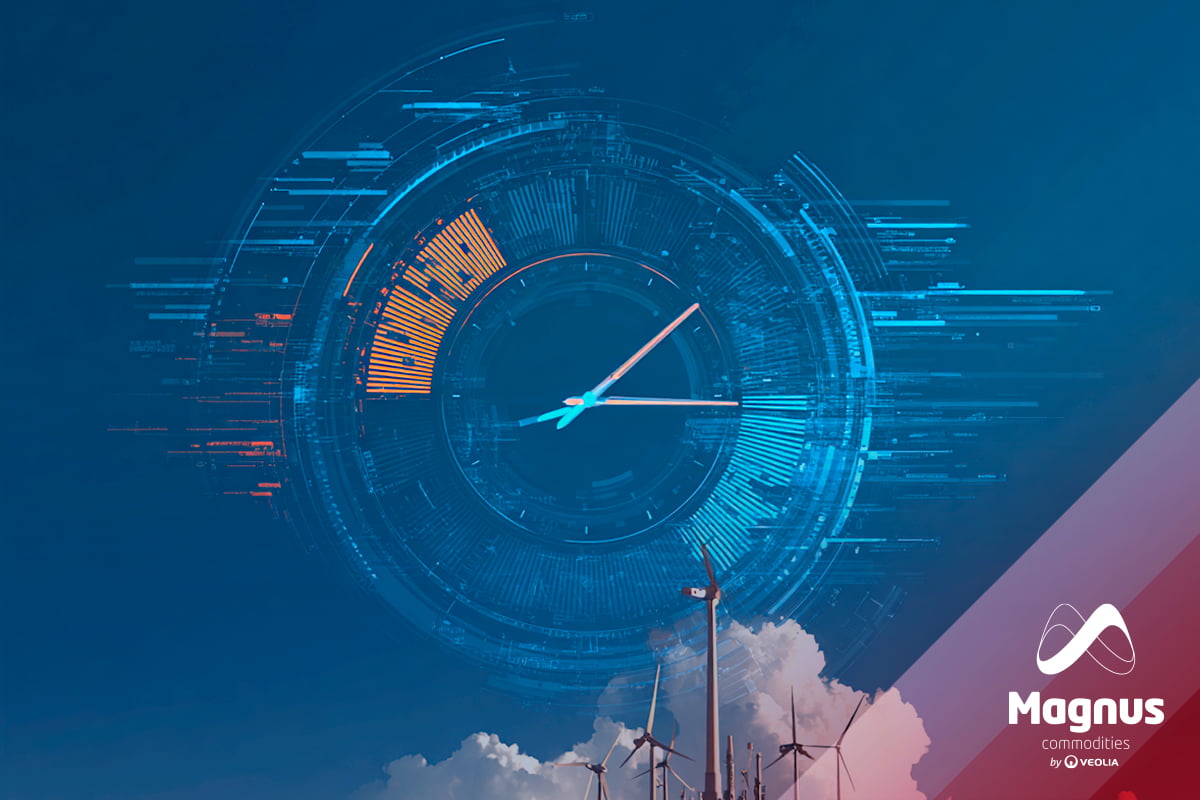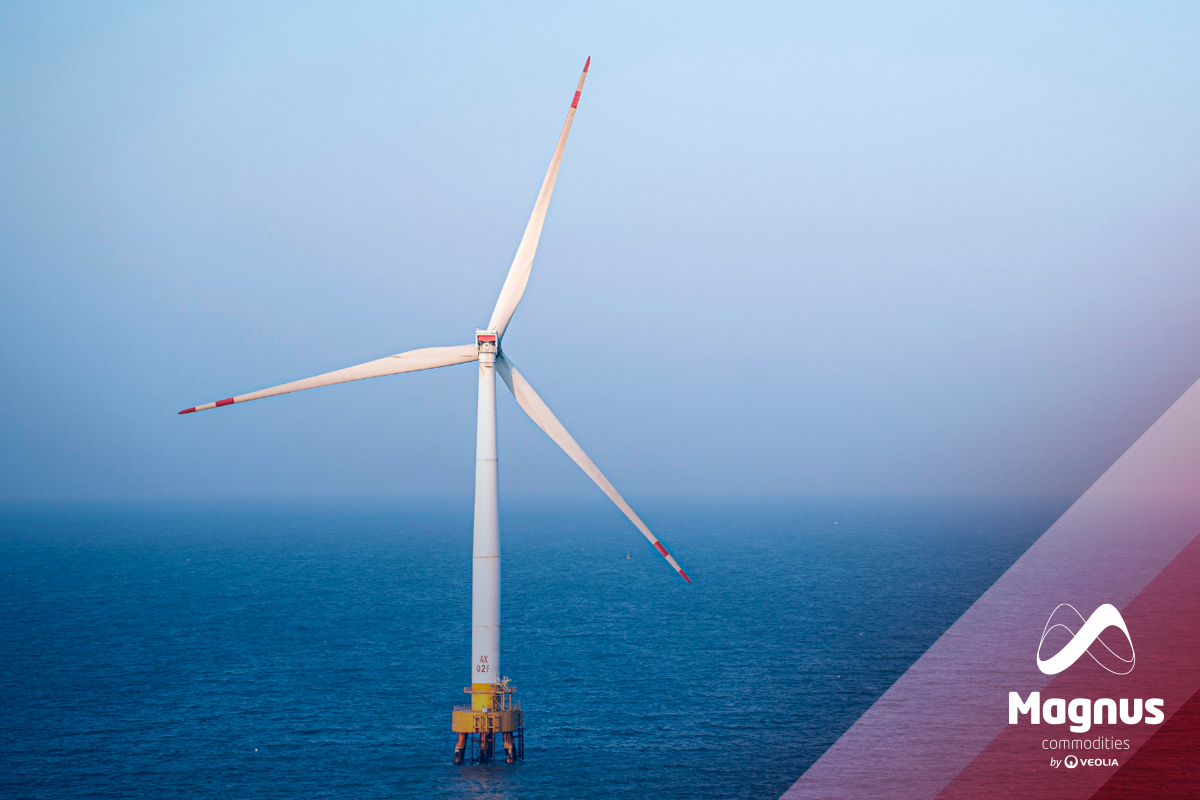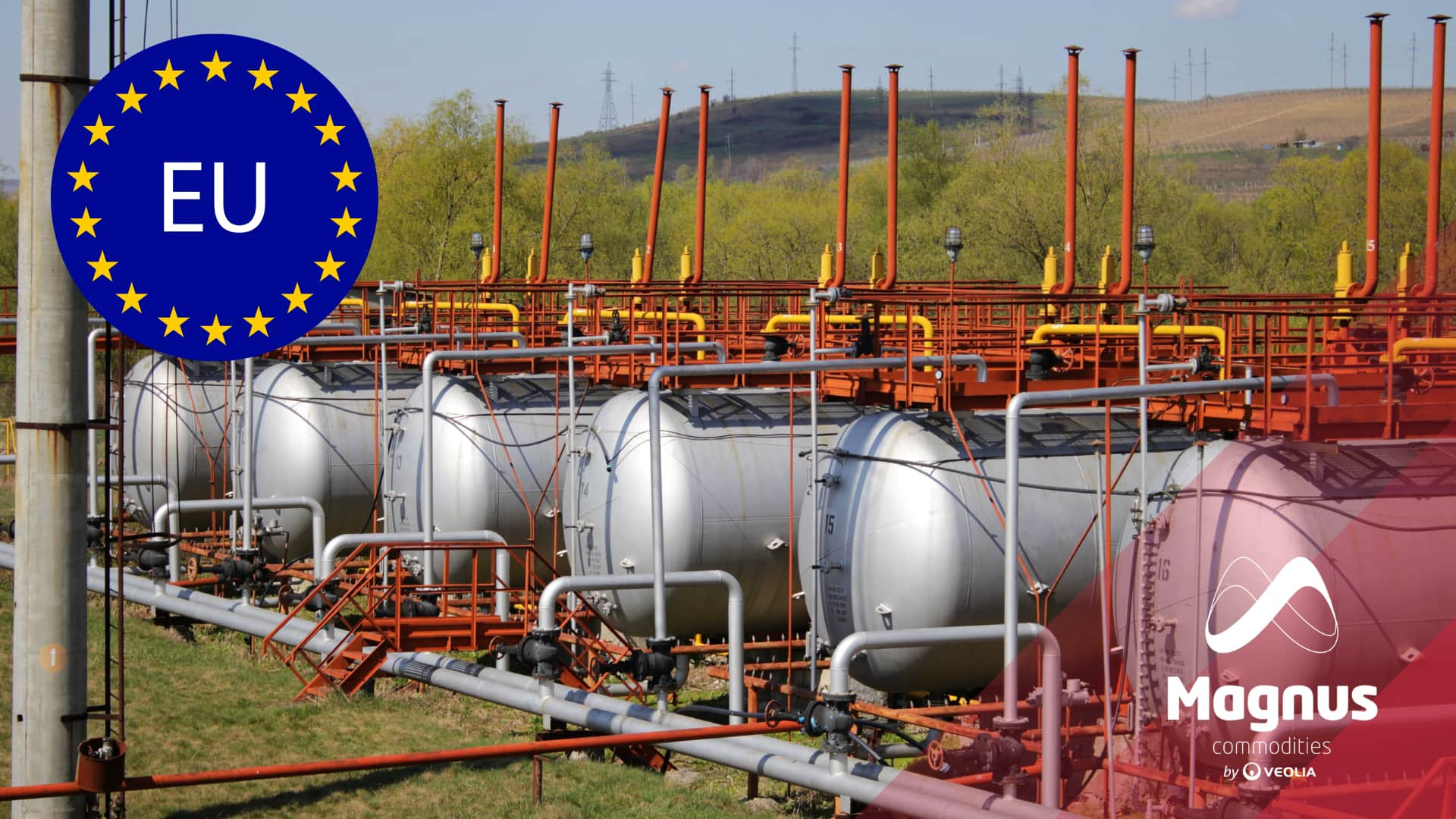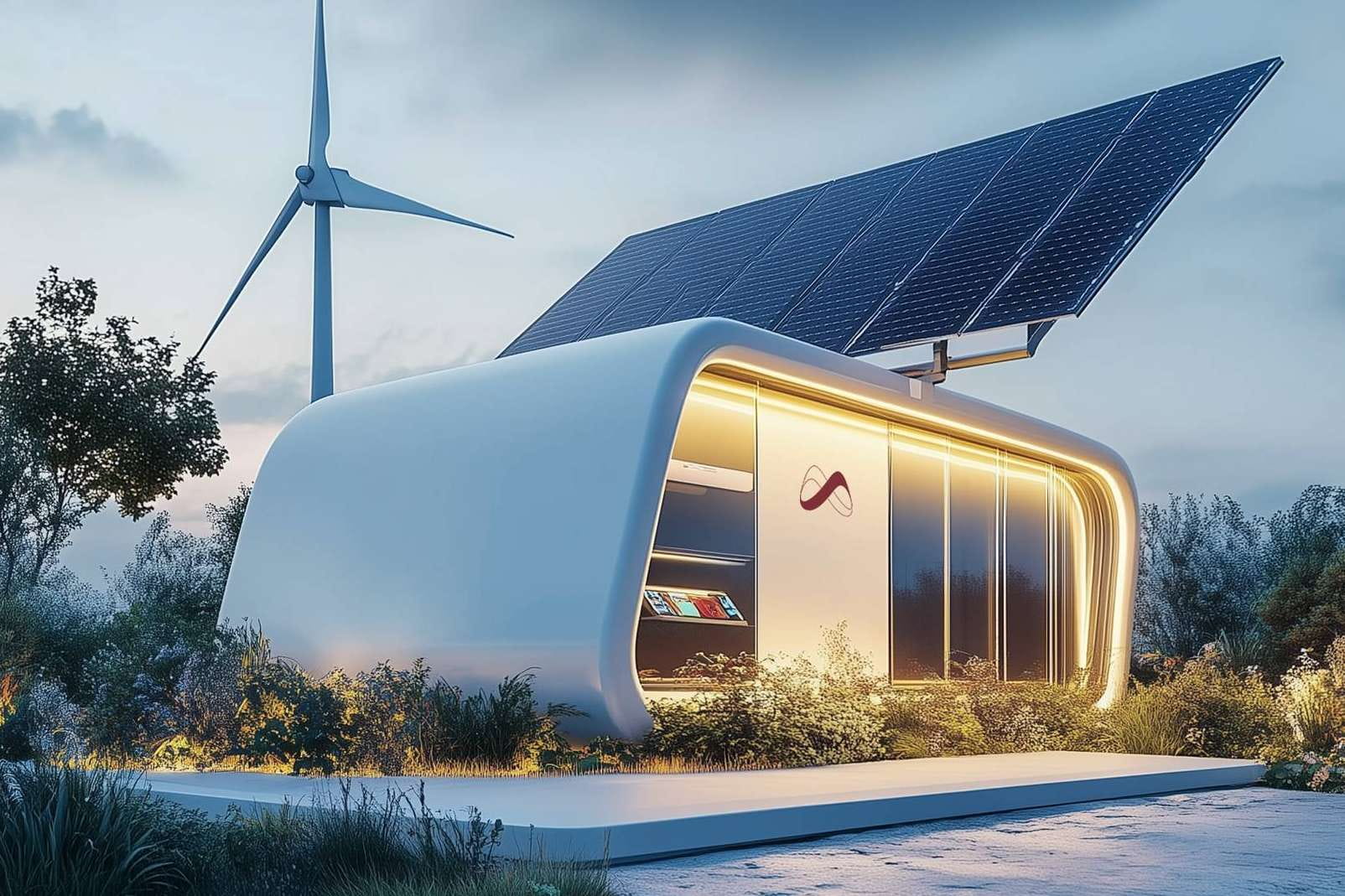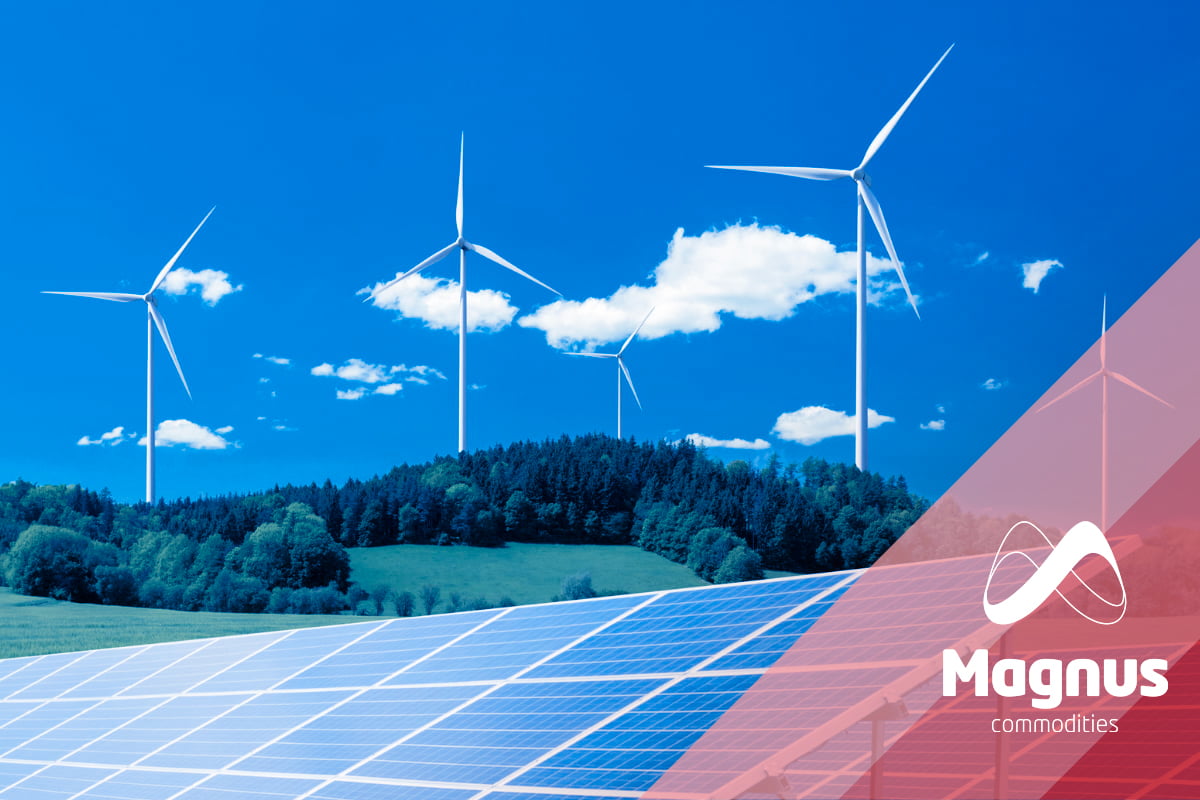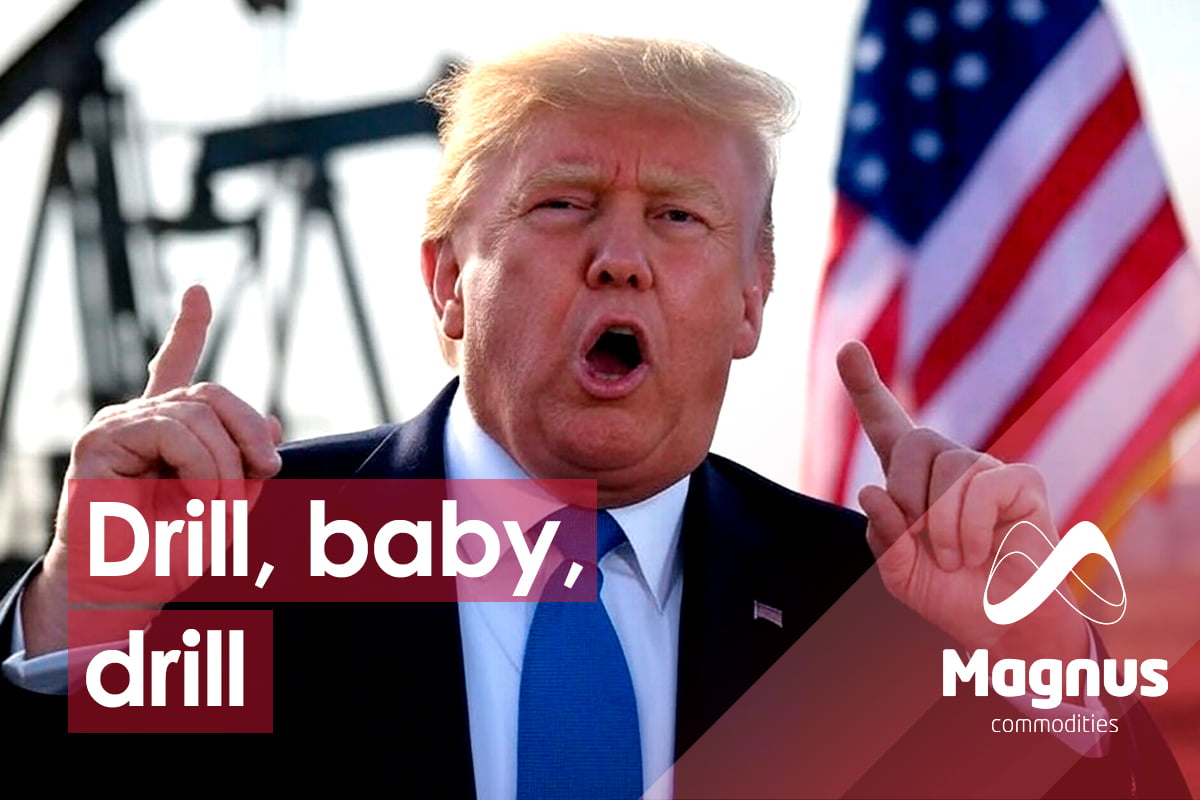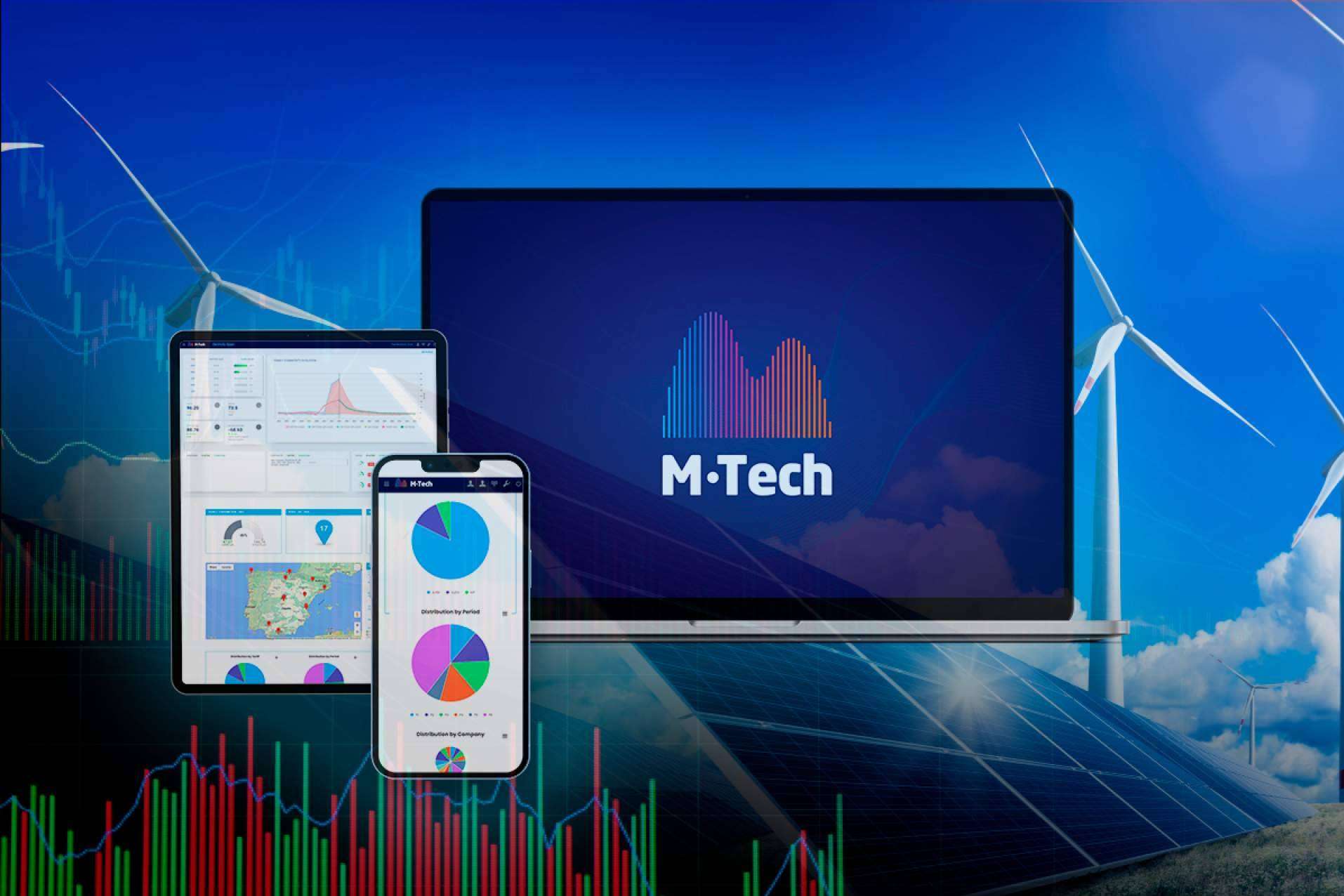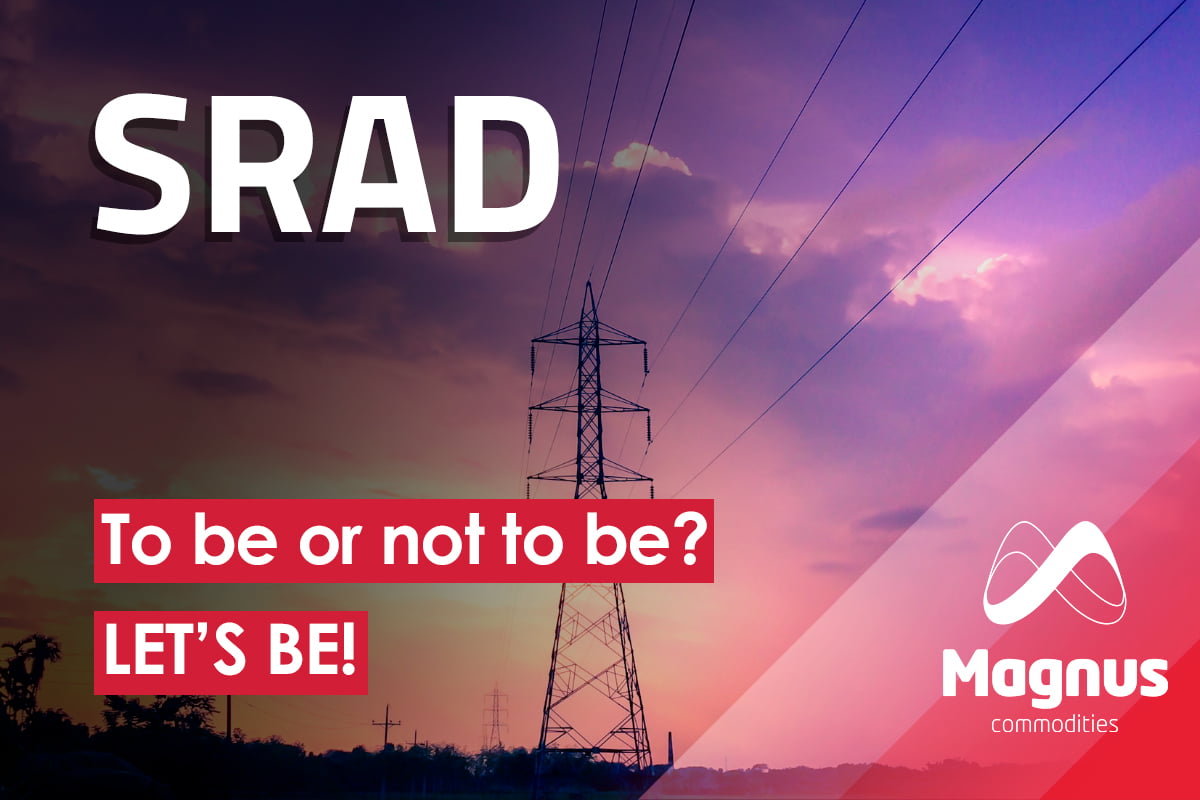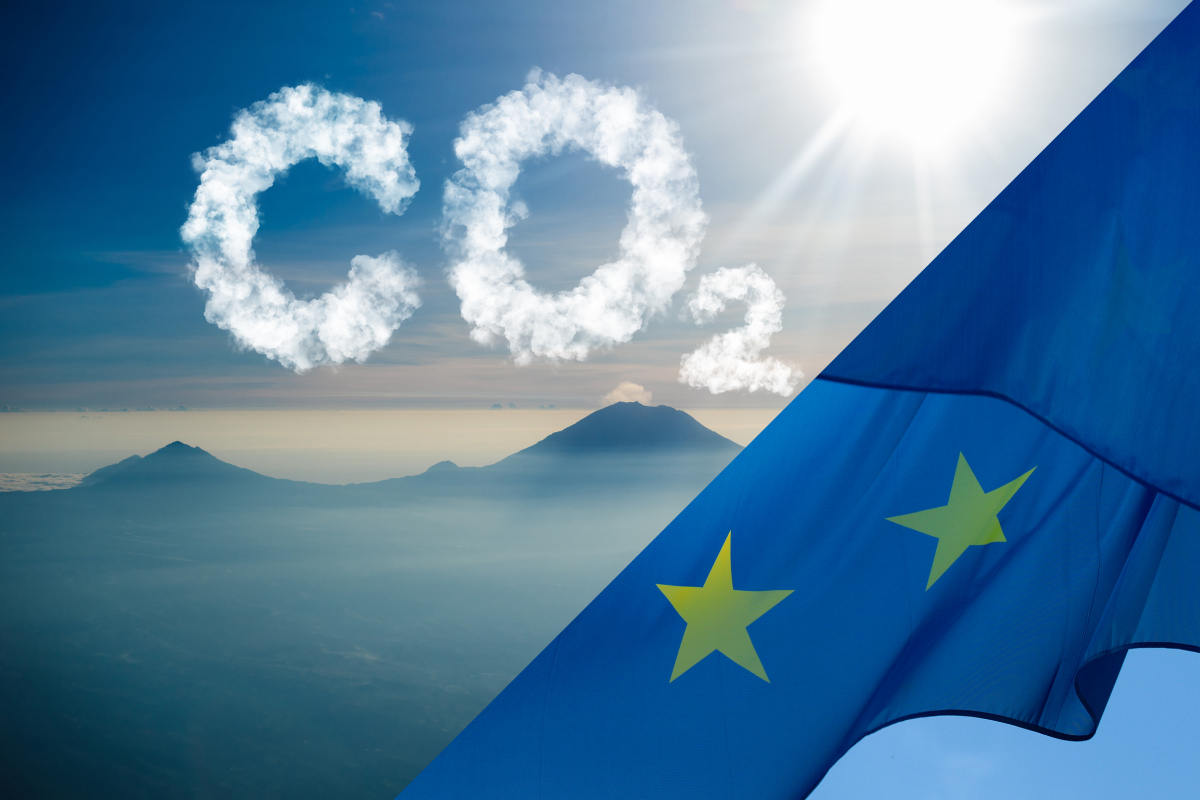
Energy markets in Europe have already exceeded their corresponding processes of liberalization and undertake the difficult challenge of unification.

For those companies with a significant level of consumption, the cost of energy is a critical factor. And usually are companies with offices in different countries of Europe and therefore with a common goal.
Economic savings achieved by free competition of suppliers in Europe can assume million euros per year for companies with large consumption. The advantages of a Pan European power purchase could lead to further improvements in the price for the simple fact that promote competition among a specific number of local suppliers and neighbouring markets.
This is an area of much interest from major firms in Europe and some buying groups are emerging to face this kind of tenders. However, the pan-European suppliers that have offices and subsidiaries in different countries are not necessarily the most competitive option. Sometimes having multiple suppliers also maximizes savings and diversifies risks.
Despite the opportunities that liberalization of European markets has been providing in the last years, companies do not have the skills and resources required to negotiate pan-European energy contracts.
The increased competition and complexity of a market that has undergone a process of deregulation results in a series of challenges that can be difficult for companies with little experience in managing a large volume of data, rapid changes at market prices, and a multitude of different tariff structures.
Bridging the language difficulty, and we assume that we have a multilingual staff. There are considerable difficulties related to the high level of specialization required by the authoritative translation of technicalities, specific terms and legal concepts of each market.

To this we add the need to perfectly understand the diversity of different taxes in energy sector, climate and environmental existing in Europe to ensure the correct calculations. Always considering that we are able to manage different legal jurisdictions of each market they’ll deal.
A key element is the type of consumption data. In Europe, so far, there is no standard for consumption data. Each country has a different type and varies from data in increments of 5 minutes in a particular market to 60 minutes. In some cases, the same country may have different types of data with different time consumption and increases in counters.
Understand the local market conditions are critical for decision-making to decide the best supplier for a site in a particular country. In Europe there are hundreds if not thousands of independent suppliers making more complex tendering processes.
To this, we must further add that the time of negotiation of a contract have a great influence on final prices. Each market has its own and does not always coincide.
The variety of products available in Europe from different suppliers requires a detailed and impartial analysis. And retain the internal expertise to manage the complexities of each European market is not profitable.
Thus, although European energy markets may seem a maze of rules, regulations, products and suppliers, with adequate professional support, they can untangle and get the expected benefits. This is where the expertise of companies like Magnus can be invaluable.
Companies can evaluate the possibility to access Hub platforms where, through reverse auctions are “traded” products and services. These can be useful, but are not able to manage the complexity of markets and often lack the experience and knowledge that requires decision making.
However, we cannot deny the market trend. The unification of these will lead to the standardization of products, protocols and tax bases. The consolidation of large trading will be a reality and we are seeing every day as IBERDROLA, ENEL, EON, ENI, SHELL, etc…. they are opening offices in different countries and simplifying their processes in order to respond to this type of requirement.
When is it going to be possible? We do not know yet. From Magnus, we work closely with companies and marketers to have this kind of service, but still joint tenders for Spain and Portugal (which shares the same market) remains a utopia.
Alejandro de Roca | Operations Director
If you found it interesting, please share it!
Recent Articles

